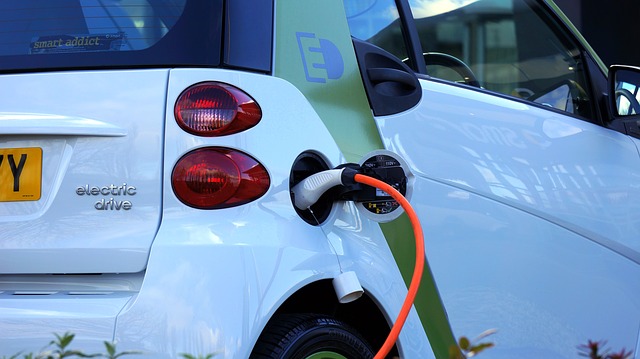 Lack of adequate public relations may be putting the brakes on electric vehicle adoption. Other industries may learn a lesson from PR’s experience with the vehicles.
Lack of adequate public relations may be putting the brakes on electric vehicle adoption. Other industries may learn a lesson from PR’s experience with the vehicles.
Despite significant advancements in electric vehicle (EV) technology, 60 percent of American drivers said they are unaware about electric cars and 80 percent have never ridden in or driven one, according to new survey by Altman Vilandrie & Company. Sixty percent of consumers who have experienced an EV enjoyed it; only 8 percent did not.
While advertising promotes specific car models, it’s PR that best creates awareness and knowledge of the advantages of electric vehicles. The auto industry hasn’t provided the PR support to educate consumers on electric vehicles.
“While the EV adoption rate is low, there are signs of strong latent demand in the marketplace,” said Altman Vilandrie & Company Director Moe Kelley, in a Business Wire press release. “The auto industry still needs to make more low-priced models available to consumers, as well as finding a way for more drivers to try out an EV. If those things happen we should see the EV adoption rate accelerate.” The Tesla S is today’s best known electric passenger car. Its manufacturer’s suggested retail price is $138,700, according to Edmunds.com. Tesla sold about 50,000 units of the Model S in 2015.
Besides lack of awareness about electric vehicles, perceptions about lack of charging stations (85%), high costs (83%) and duration of charge (74%) are also hindering electric vehicle purchases. Lack of enthusiasm for electric vehicles on the part of auto dealers and auto sales persons also contribute to the scarcity of sales.
The tepid view of EVs comes in sharp contrast to the building public excitement around autonomous vehicles (AV), which unlike EVs are not yet commercially available. Data Altman Vilandrie & Company released in October indicated that that 25 percent of consumers plan to buy a self-driving car in the future.
Energize Public Interest
“Both electric and self-driving vehicles are the future of personal transportation but carmakers need to make sure consumers are excited about going electric now, and that goes beyond the obvious environmental benefits,” said Altman Vilandrie & Company Director Soumen Ganguly, who co-directed the survey.
The EV market would grow significantly with the availability of more affordable EVs, specifically at the price point of $35,000. Tesla, which is launching the lower-priced Model 3 in 2017, would generate up to a five times higher adoption rate at a $35,000 price tag than more expensive models. Altman Vilandrie & Company estimates that less expensive models from all other automakers would increase EV adoption by nearly 24 times.
Why Auto Executives Hate EVs
The PR shortcoming may stem from auto industry’s disdain for electric vehicles. Auto executives derisively refer to electric cars as “compliance vehicles,” according to Business Insider. They must manufacture them to meet government fuel-economy regulations but lose money on their sales.
“Fiat Chrysler Automobiles CEO Sergio Marchionne has as much as begged customers to avoid buying his electric vehicles because he loses so much money on them,” comments Matthew DeBord, Business Insider senior correspondent.
Just 1 percent of vehicles are electric worldwide, reflecting a lack of consumer demand, DeBord says. Yet that apparent lack of demand may be due to lack of fully charged PR efforts.
The auto industry may be missing a PR windfall by refusing to publicize the vehicles more aggressively. “Electric vehicles, especially electric buses, provide great public relations benefits. The public and media alike love riding in and talking about zero-emission electric vehicles,” states a paper from the University of Tennessee at Chattanooga.
Bottom Line: Increased PR is essential for driving adoption of electric vehicles. As the auto industry rolls out more affordable models, aggressive promotions could energize demand for the vehicles as well as improve the brand images of car producers.
William J. Comcowich founded and served as CEO of CyberAlert LLC, the predecessor of Glean.info. He is currently serving as Interim CEO and member of the Board of Directors. Glean.info provides customized media monitoring, measurement and analytics solutions across all types of traditional and social media.




